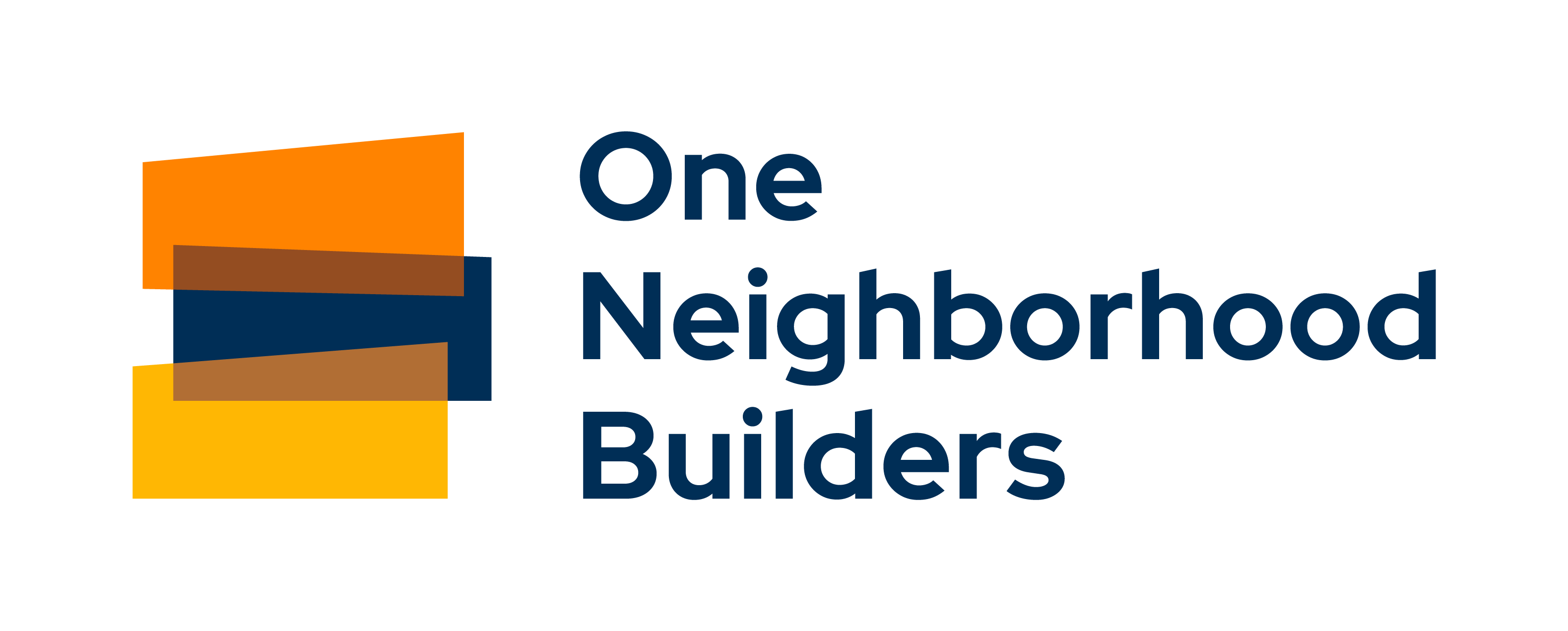“The internet is a public utility – No one questions whether you should have access to clean water and heat and so forth, right? For so long we just considered the internet to be a luxury, a convenience. But it really has absolutely transcended that at this point in time.“
October 7, 2020 Steve Ahlquist Upriseri.com
ONE Neighborhood Builders has achieved its fundraising goal of $200,000 to launch ONE Neighborhood Connects, a mesh WiFi network that will cover five million square feet in Olneyville and provide approximately 4000 neighborhood residents with access to free, high-speed internet. The WiFi mesh will be live by the end of November.
“COVID-19 exacerbated many of the challenges our neighbors face. Without reliable internet, children can’t attend remote classes and do schoolwork, and parents can’t access telehealth care or participate in job training, higher education, or public meetings,” said ONE|NB Executive Director Jennifer Hawkins in a press release. “Access to the internet is not simply a convenience – it is a justice issue. It impacts everything.”
UpriseRI reached out to Executive Director Hawkins by phone.
UpriseRI: I’ve often maintained that access to the internet is a human right.
Hawkins: I credit Jennifer Wood, at the Center for Justice, with bringing this to my attention. Early on during the pandemic we were on some call and she described it as a meta issue. It’s this core issue. The internet is a public utility – No one questions whether you should have access to clean water and heat and so forth, right? For so long we just considered the internet to be a luxury, a convenience. But it really has absolutely transcended that at this point in time.
This assumption, that all students are able to learn from home and if you have the privilege of having a job where you can work from home, there’s this assumption that you can automatically do that.
Now, our social interaction, our doctors appointments, everything is reliant on access to the internet. So it really has become, for me, this meta-justice issue.
UpriseRI: To me, it’s like, when you think about things like free assembly, freedom to move around or freedom of speech, that so much of that has moved to the online space that without access to the internet, we’re denying basic, fundamental, constitutional rights.
Hawkins: I hadn’t thought of it in that way. That’s a really good point. That’s an interesting perspective.
UpriseRI: Do you see this as a model for other communities in Providence and beyond?
Hawkins: Absolutely. You know, I wish we didn’t have to do this. If we could be an impetus to have the city pick it up, or the state, great! I hope that eventually there is a genuine municipal WiFi. I’ve heard about these “MiFis” that would make what we’re doing kind of redundant, ultimately. So we’re trying to be that impetus.
UpriseRI: I remember during the mayoral campaign here in Providence, Jorge Elorza ran in part on the idea of municipal wifi, but he delivered something much less.
[In 2015 Mayor Elorza announced that Kennedy Plaza and Burnside Park were going to become WiFi hotspots courtesy of Cox Communications.]Hawkins: I was speaking to [Boston Globe reporter] Dan McGowan about this and he was like, “Is this going to be like Burnside Park?” and I was like, “No. It’s not going to be like Burnside Park.”
UpriseRI: I could see something like this helping so many communities throughout the urban core and into Woonsocket.
Hawkins: What’s interesting is when I was doing research into what other places have done there are more examples of this happening in rural areas than in urban areas. There, it’s more like the Cox and the Verizons, if you will, aren’t bringing broadband in and so the community had to step in and do it. Here, that isn’t the issue. there’s lots of broadband, but people can’t access it because of expense.
UpriseRI: I remember reading about electrification programs in rural areas, where co-ops would be established to bring these services in.
Hawkins: Yes, exactly. It’s the same sort of thing. but bringing this idea to the city, where it’s an economic justice issue, is interesting.
That’s where the partnership with OSHEAN has been essential, because they’re that intermediary that allows us to stay clear of regulatory issues and bring the cost of service down. OSHEAN is the intermediary between Cox and ourselves.
The 02908 and 02909 zip codes have seen the highest number of COVID-19 cases in the state, writes ONE|NB in their press release. With nearly 7,000 residents and home to generations of immigrants, Olneyville is one of the city’s most dense and diverse neighborhoods. Currently, more than half of residents identify as Hispanic or Latinx, and 53% of residents speak a language other than English at home.
Once an industrial center, Olneyville today is fighting poverty, economic insecurity, and health disparities. The median family income is just over $32,000, compared to nearly $50,000 for Providence overall. Olneyville residents live an average of nine years fewer than those of other Providence neighborhoods. Just 61% of Olneyville households have internet access, compared to nearly 80% of citywide households. Statewide, 22% of Black and 26% of Latinx households lack at-home high-speed internet, compared to 13% of white households. At-home access to the internet can cost upwards of $50 per month.
“After years of under-employment I landed a great job in 2019,” said Tinisha Brice, a resident of Olneyville. “When COVID hit they asked me to work from home. I was petrified of losing my job, so I did not tell them I did not have at-home internet. I was at home for two weeks sitting on the edge of my seat about what was going to happen until my supervisor reached out to say they agreed to cover my WiFi for three months. That ran out this summer and the extra cost that I now have to pay on my own is very hard. I just don’t have that extra $83 a month. Community WiFi is going to be game-changer for my family.”
Supporters of ONE Neighborhood Connects include Wells Fargo/NeighborWorks America, Tufts Health Plan, Citizens Bank, Bank Newport, LISC Rhode Island, Washington Trust, BayCoast Bank, Integra/Care New England, and Rhode Island Department of Health, as well as 31 individuals who have contributed $102,910 to a crowdfunding campaign.
“COVID has disrupted the traditional ways we seek medical care, our workplaces and our children’s learning environments,” said Juan Lopera, vice president of Marketing and Rhode Island Medicaid for Public Plans at Tufts Health Plan. “It’s also laid bare the vast health disparities and barriers to care that continue to prevail in our communities. We are proud to help fund ONE Neighborhood Builders’ initiative in Olneyville to help bring accessible internet access to all residents and provide them with the critical resources they need to succeed and stay healthy.”
“We are so grateful to the members of our community who immediately responded with generosity when we put out the call, and to our talented partners at Brave River Solutions, CommScope, Harbor Network and OSHEAN who have provided their considerable technical expertise,” said Hawkins.
A wireless community mesh network is a group of devices that act as a single Wi-Fi network across a large space. ONE|NB will erect nine access points on roofs of twelve strategically located properties it owns in Olneyville. The purchase and installation of the equipment along with first year connectivity costs total $200,000.
Founded in 1988, ONE Neighborhood Builders is a community development leader in Rhode Island. ONE|NB engages neighbors across Greater Providence to cultivate safe, healthy, vibrant communities by developing housing, addressing root causes of health disparities, and embracing innovation. To date, ONE|NB has developed 381 affordable apartments and 119 single family homes, as well as more than 50,000 square feet of commercial and community space. ONE|NB is the convener of the Central Providence Health Equity Zone.
Steve Ahlquist is a frontline reporter in Rhode Island. He has covered human rights, social justice, progressive politics and environmental news for nearly a decade. atomicsteve@nullgmail.com


